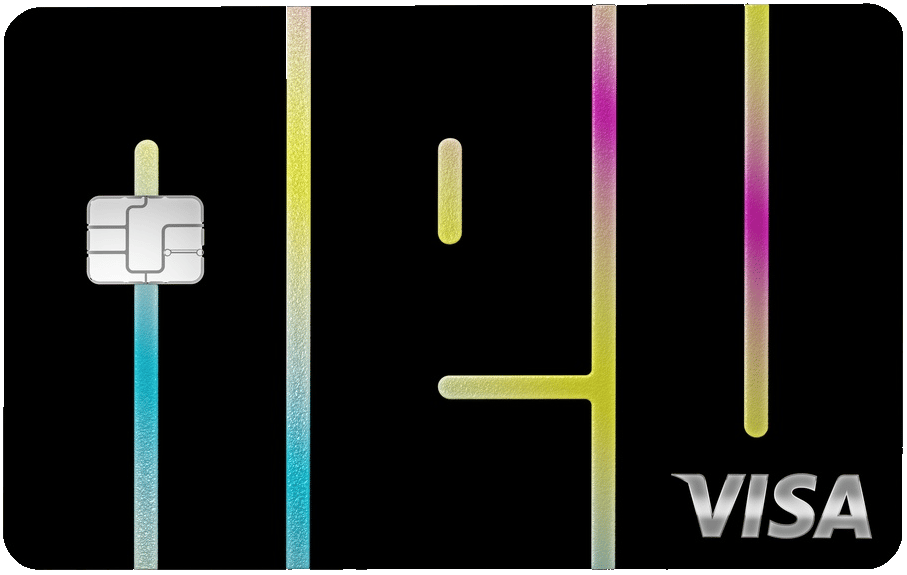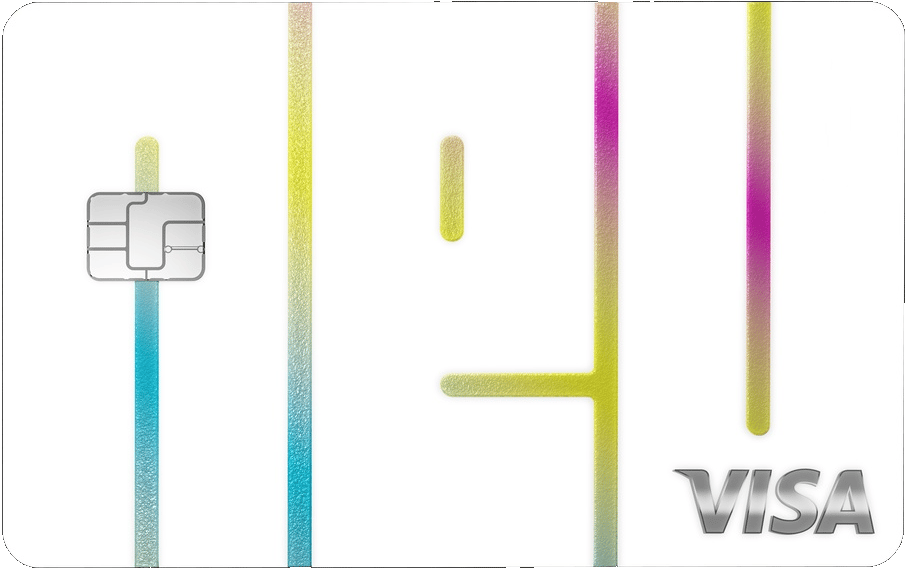A Guide to Neu Credit Cards
The Neu 1 and Neu 2 cards are unsecured products that don't require a credit history, and you may not even need a Social Security number — but they're not ideal for everyone.

Many or all of the products on this page are from partners who compensate us when you click to or take an action on their website, but this does not influence our evaluations or ratings. Our opinions are our own.
The Neu cards — issued by Cross River Bank — eliminate many credit-building obstacles for students, as they don't require a credit history, an upfront security deposit, or even a Social Security number in some cases.
You can apply for one or the other, but the right fit for you depends on whether you want built-in guardrails.
This is how the cards differ:
- The Neu Card 1. This card charges no interest, but it does have an annual fee of $84 ($7 monthly fee).
- The Neu Card 2 has no monthly or annual fee. Interest will apply, though, if you carry a balance. The ongoing APR is 26.99%-29.99% Fixed APR.
Here’s what you need to know about the two Neu cards.
| Neu Card 1 | Neu Card 2 | |
|---|---|---|
| Annual fee | $84 ($7 monthly fee). | $0. |
| Welcome bonus | N/A. | N/A. |
| Rewards | 3% cash back on airfare. | 3% cash back on airfare. |
| APR | N/A. | The ongoing APR is 26.99%-29.99% Fixed APR. |
The low barriers to entry for a Neu card can be helpful, especially if you’re an international student with limited options because you lack a Social Security number. (You can instead potentially qualify with a valid Visa stamp that has six months until it expires.)
Still, it may be worth exploring other cards for building credit, some of which have similar features.
A traditional credit card option
Of the two, the $0-annual-fee Neu Card 2 is the better option. Yes, it has an APR, but as with any card, you can avoid interest charges entirely by paying off the balance in full every month by the due date.
If you don't qualify for the Neu Card 2, the company may offer the chance to get approved for the Neu Card 1, if you're eligible. This version lets you carry a balance from month to month with no interest, although there is a minimum payment due each billing cycle.
The lack of an APR on the Neu Card 1 may be a selling point if you're just getting started with credit and want some debt guardrails in place. But remember that unlike interest charges, a monthly fee will apply every billing cycle, whether you're using the card or not.
Limited credit bureau reporting
As of November 2025, the Neu cards report payments to two of the three major credit bureaus: TransUnion and Experian, but not Equifax.
That isn't ideal when you're attempting to establish credit, because if a future potential lender ends up pulling your credit report from Equifax, there may be nothing to see. Several secured credit cards from major issuers offer more comprehensive credit bureau reporting.
🤓 Nerdy Tip
Your credit journey may look different depending on whether you start with a credit card from a financial technology company (like Neu) or a more established issuer like a big bank. Cards from startup fintechs are prone to significant changes as the companies behind them continue to scale and compete to stay in the market. It’s important to keep this in mind as you select a starter card. There's no upgrade path to a better card
There's no path to upgrade to a more traditional credit card that can offer better rewards, perks or credit-building tools. That's especially problematic if you have the Neu Card 1, because you're stuck with that monthly fee over the long term. You may request to apply for the Neu Card 2, but it’s treated as a new application and a separate line of credit if you’re approved.
Some secured and student credit cards can offer upgrade paths to unsecured products, including the $0-annual-fee Discover it® Student Chrome. It earns 2% cash back at gas stations and restaurants on up to $1,000 in combined purchases per quarter and 1% back on all other purchases. There's also an incentive for new cardholders: INTRO OFFER: Unlimited Cashback Match for all new cardmembers – only from Discover. Discover will automatically match all the cash back you’ve earned at the end of your first year! There’s no minimum spending or maximum rewards. You could turn $50 cash back into $100. Or turn $100 cash back into $200.
Credit limits start at $350
Either of the Neu cards offers a credit limit of $350 or higher, depending on your creditworthiness. It’s a decent starting limit, considering you don’t need a credit history or security deposit to qualify. Factors that determine your credit line will include your credit history (if available), income and expenses.
Airfare purchases earn cash back
It’s rare to find a credit-builder card that doubles as a travel credit card. The Neu cards stand out on that front, offering 3% cash back on airfare. Occasionally, Neu may also offer merchant-specific or category-specific offers that earn a higher rewards rate in the app.
Cash back automatically redeems as a statement credit toward your outstanding balance, and it doesn't expire. You’ll still have to keep up with payments, though. Using rewards toward your balance doesn't eliminate that responsibility.
🤓 Nerdy Tip
Air travel is a relatively narrow spending band. Other cards aimed at beginners can offer elevated rewards in everyday categories. For instance, the $0-annual-fee Capital One Savor Student Cash Rewards Credit Card earns 3% cash back on dining, entertainment, popular streaming services and purchases at grocery stores; plus 5% back on hotels, vacation rentals and rental cars booked through Capital One Travel. All other purchases earn 1%. Travel-friendly features
Both Neu cards run on the Visa payment network, meaning they'll be widely accepted globally. They also don’t charge foreign transaction fees. Both features are ideal for a credit card that travels well, but it’s still important to carry an alternative payment method or two whenever you travel, just in case.
Live customer service representatives
This feature is typical of credit cards from major banks, but it's not always the case with nontraditional cards from smaller companies like Neu.
You'll be able to reach a live agent by phone or email during weekdays, which can be helpful when a chatbot or automated email response isn't enough to address questions or resolve an issue.
Article sources
NerdWallet writers are subject matter authorities who use primary,
trustworthy sources to inform their work, including peer-reviewed
studies, government websites, academic research and interviews with
industry experts. All content is fact-checked for accuracy, timeliness
and relevance. You can learn more about NerdWallet's high
standards for journalism by reading our
editorial guidelines.
Find the right credit card for you.
Whether you want to pay less interest or earn more rewards, the right card's out there. Just answer a few questions and we'll narrow the search for you.
Related articles









